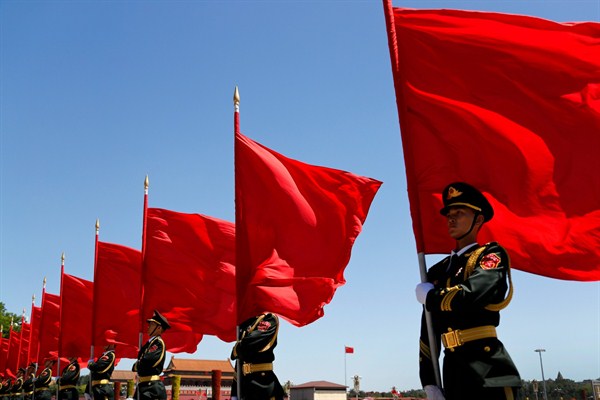Editor’s note: This article is part of an ongoing series about China’s One Belt, One Road infrastructure initiative, also known as the Silk Road Economic Belt and the 21st Century Maritime Silk Road.
Earlier this month, China hosted more than 100 leaders and diplomats for a summit devoted to its ambitious One Belt, One Road initiative (OBOR), which President Xi Jinping described as the “project of the century.” The summit was an opportunity to assess whether OBOR, which was formally announced in 2013, is living up to Xi’s rhetoric. In an email interview, Salvatore Babones, associate professor at the University of Sydney focused on China’s integration into the global economy, describes the many barriers to realizing China’s vision as well as the ways in which OBOR can already be viewed as a success.
WPR: China has portrayed its One Belt, One Road initiative as a strategically integrated vision for developing regional and global supply chains. To what degree is that realistic?

